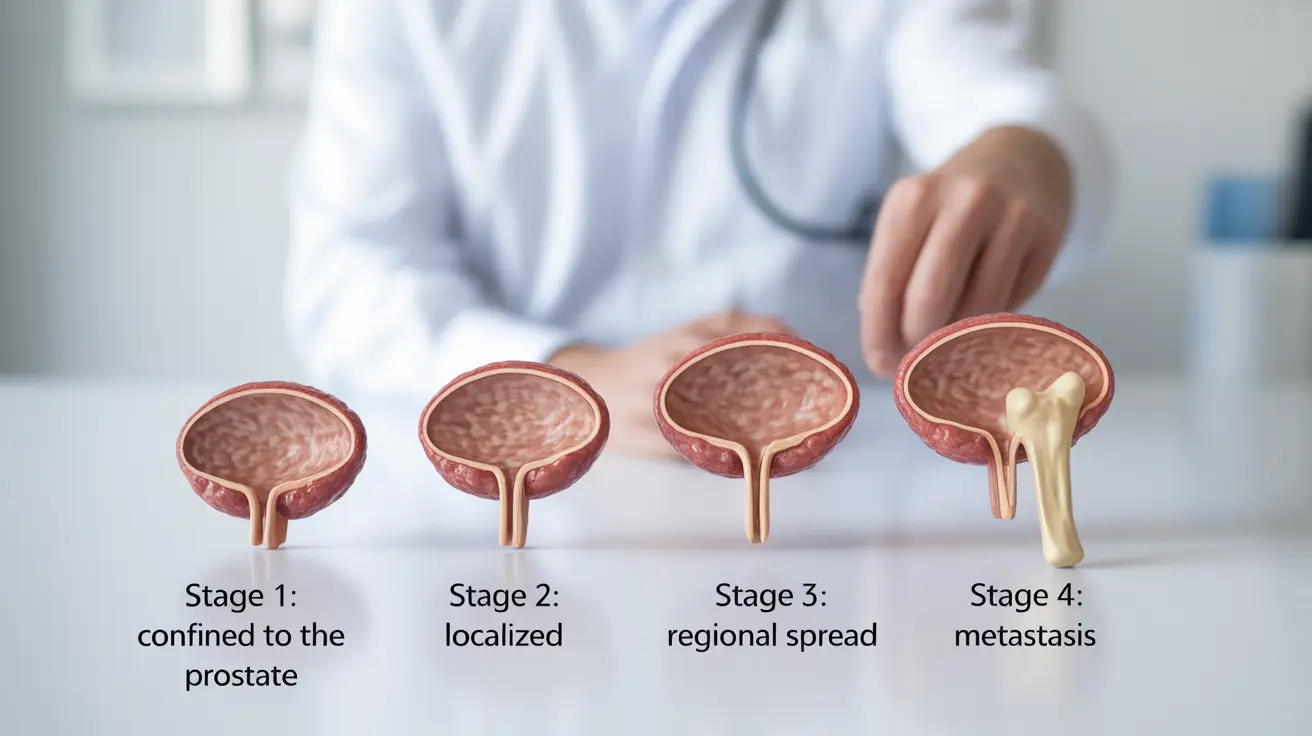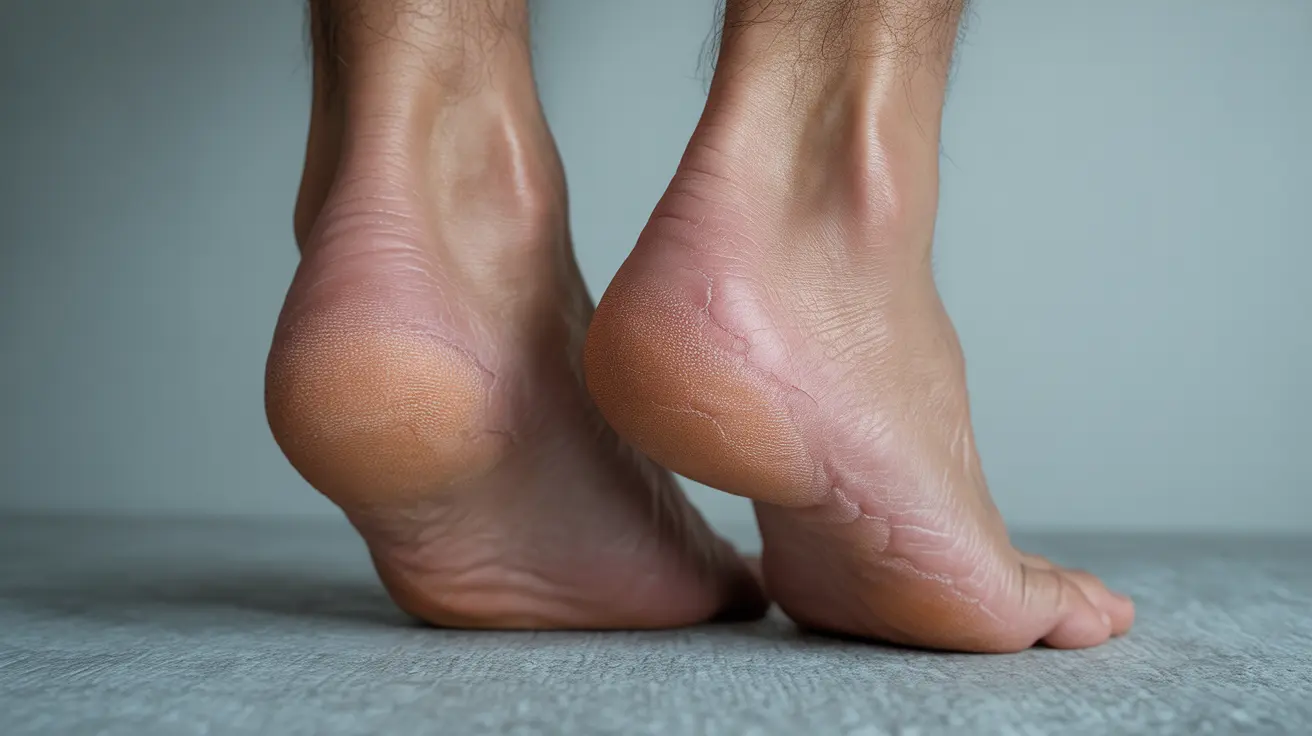Apple seeds have long been a subject of concern for many fruit lovers. While apples are a nutritious and delicious snack, the seeds hidden within their cores have sparked debates about their safety. This article will explore the truth behind apple seeds, their potential risks, and what you need to know about consuming them.
Understanding the facts about apple seeds is crucial for anyone who enjoys this popular fruit. We'll dive into the science behind their composition, the potential dangers they may pose, and how to safely enjoy apples without worry. Let's separate fact from fiction and answer the burning question: can you eat apple seeds?
The Composition of Apple Seeds
Apple seeds contain a compound called amygdalin, which is a cyanogenic glycoside. When the seeds are chewed or damaged, this compound can release small amounts of hydrogen cyanide. While this might sound alarming, it's important to understand the context and quantities involved.
Amygdalin and Cyanide
Amygdalin is found in various fruit seeds, including those of apples, cherries, and apricots. The human body can detoxify small amounts of cyanide, which is why occasional and accidental consumption of a few apple seeds is generally not a cause for concern.
The Potential Risks of Consuming Apple Seeds
While the presence of cyanide-producing compounds in apple seeds is a fact, the actual risk to human health depends on several factors, including the quantity consumed and how the seeds are ingested.
Quantity Matters
A single apple seed contains only a small amount of amygdalin. The human body can handle this minimal exposure without adverse effects. However, consuming large quantities of crushed or chewed apple seeds could potentially lead to cyanide poisoning, though this is extremely rare.
Whole vs. Crushed Seeds
Swallowing whole apple seeds is unlikely to cause harm, as the seed's hard outer shell prevents the amygdalin from being released in the digestive system. The risk increases when seeds are crushed, chewed, or otherwise damaged, allowing the amygdalin to come into contact with digestive enzymes.
Safe Apple Consumption Practices
For those concerned about apple seeds, there are simple ways to enjoy apples safely without worrying about seed consumption.
Removing Seeds
The easiest way to avoid any potential risk is to remove the apple core and seeds before eating. This can be done easily with an apple corer or by cutting the apple into slices and removing the seeds manually.
Eating Whole Apples
If you prefer eating whole apples, there's generally no need to panic if you accidentally swallow a few seeds. The occasional seed is unlikely to cause any harm, especially if swallowed whole.
Health Benefits of Apples
It's important to remember that apples themselves are incredibly nutritious and offer numerous health benefits. They're rich in fiber, vitamins, and antioxidants. The potential risks associated with seeds should not deter you from enjoying this healthy fruit.
Frequently Asked Questions
Are apple seeds poisonous and can they cause serious health problems if ingested?
Apple seeds contain a compound that can produce cyanide, but they are not acutely poisonous in small amounts. Serious health problems from ingesting apple seeds are extremely rare and would require consuming a large quantity of crushed seeds.
How many apple seeds would you need to eat before experiencing cyanide poisoning?
The exact number varies depending on factors like body weight and seed content, but it would require consuming hundreds of crushed seeds to approach dangerous levels. This is far more than anyone would typically ingest accidentally.
What are the symptoms of cyanide poisoning from eating apple seeds, and how quickly do they appear?
Symptoms of cyanide poisoning can include difficulty breathing, dizziness, headache, nausea, and rapid heart rate. These would typically appear within minutes to hours after ingestion of a significant quantity of crushed seeds. However, this level of consumption is extremely unlikely in normal circumstances.
Is it safe to eat apple seeds, or should they always be avoided?
While it's generally best to avoid intentionally eating apple seeds, accidentally consuming a few whole seeds is unlikely to cause harm. However, regularly eating large quantities of crushed seeds is not recommended.
How can you safely consume apples if you're worried about the seeds?
To safely consume apples without worry, simply remove the core and seeds before eating. You can use an apple corer, cut the apple into slices, or eat around the core. These methods ensure you enjoy all the benefits of apples without any concern about the seeds.
In conclusion, while apple seeds do contain compounds that can produce cyanide, the risks associated with normal apple consumption are minimal. By understanding the facts and following simple precautions, you can continue to enjoy this nutritious fruit without worry. Remember, the health benefits of apples far outweigh the potential risks posed by their seeds when consumed as part of a normal diet.




